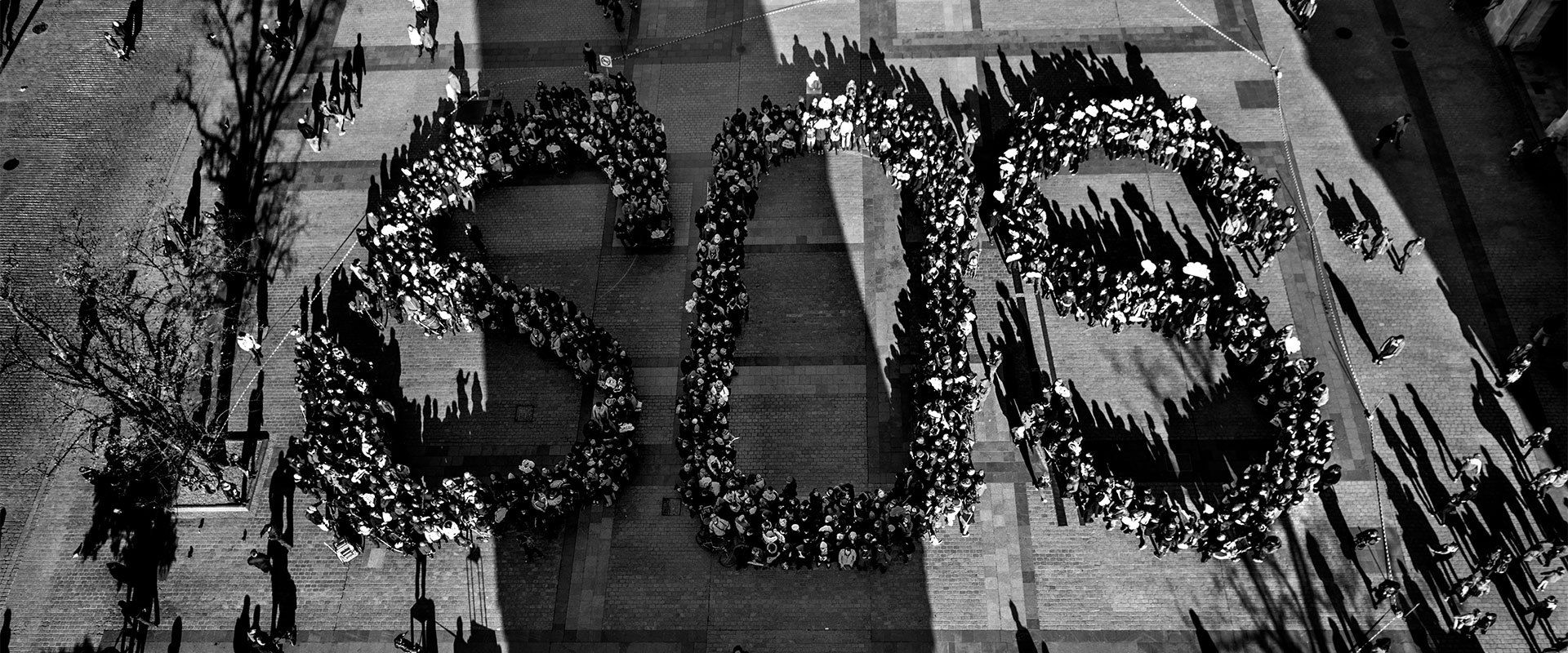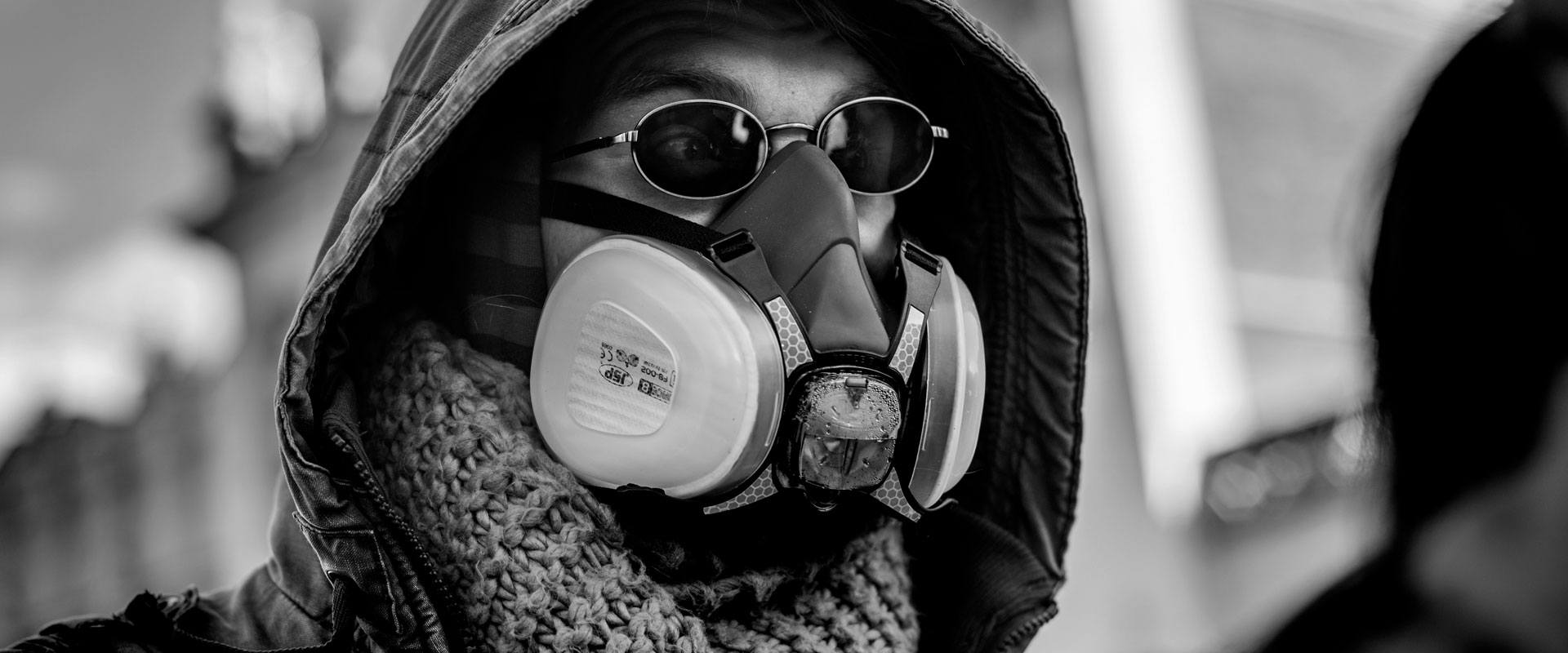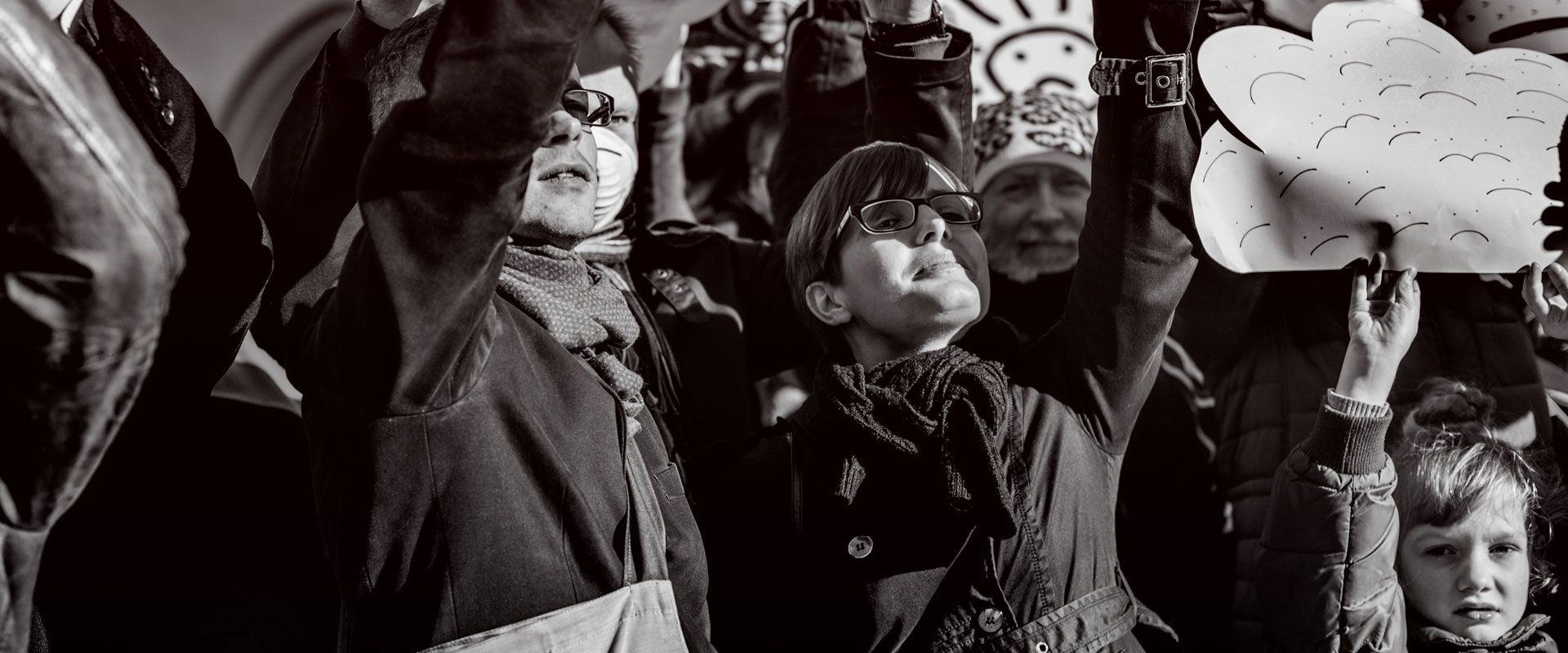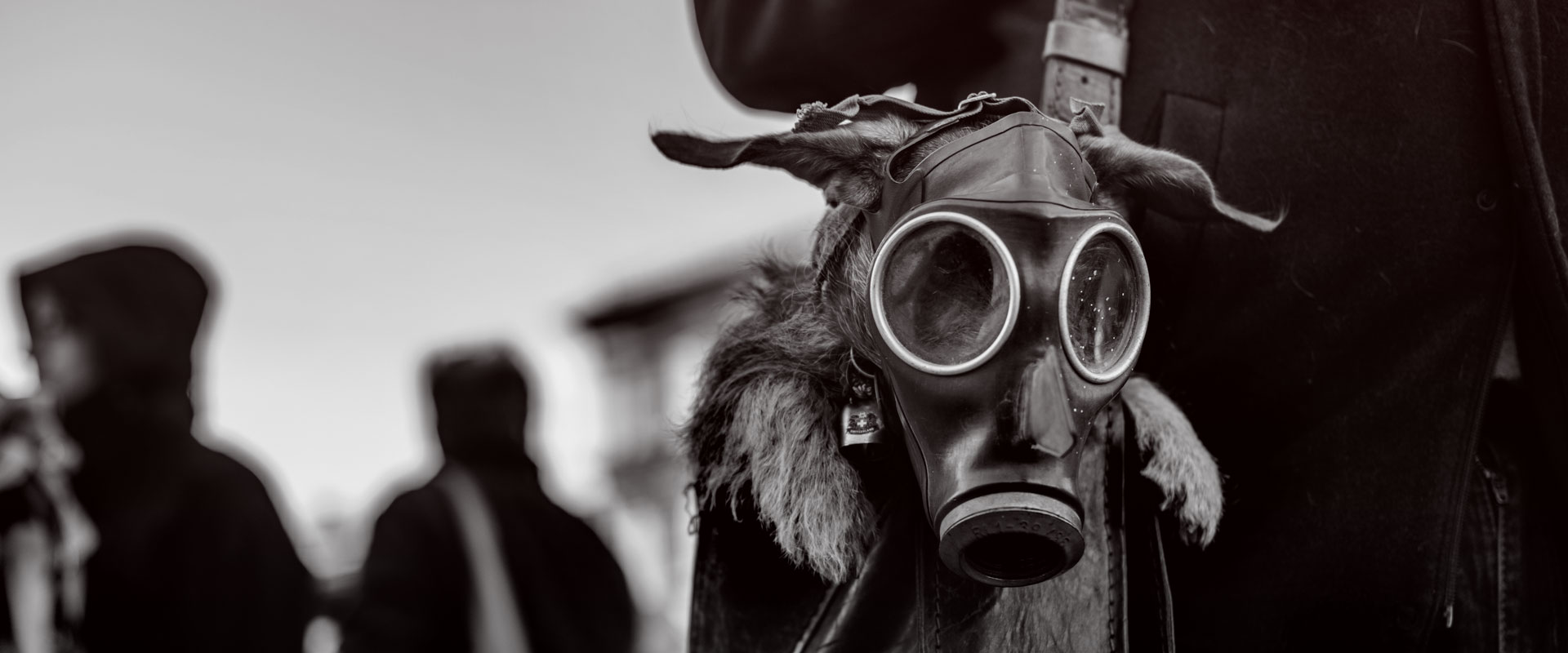The first Smog Alert was established in Krakow, in 2012. The actions taken by Kraków Smog Alert contributed to raising public awareness of air quality issues and their importance.
Consequently, in 2016 Kraków became the first city in Poland to introduce a ban on solid fuel heating in domestic boilers. The ban came into force in 2019. Elimination of coal and wood heating translated into unprecedented air quality improvement – the number of days with polluted air fell from around 120 in 2013 to less than 20 in 2023.
Kraków Smog Alert was soon supplemented by a network of Local Smog Alerts. Thanks to our joint efforts:











